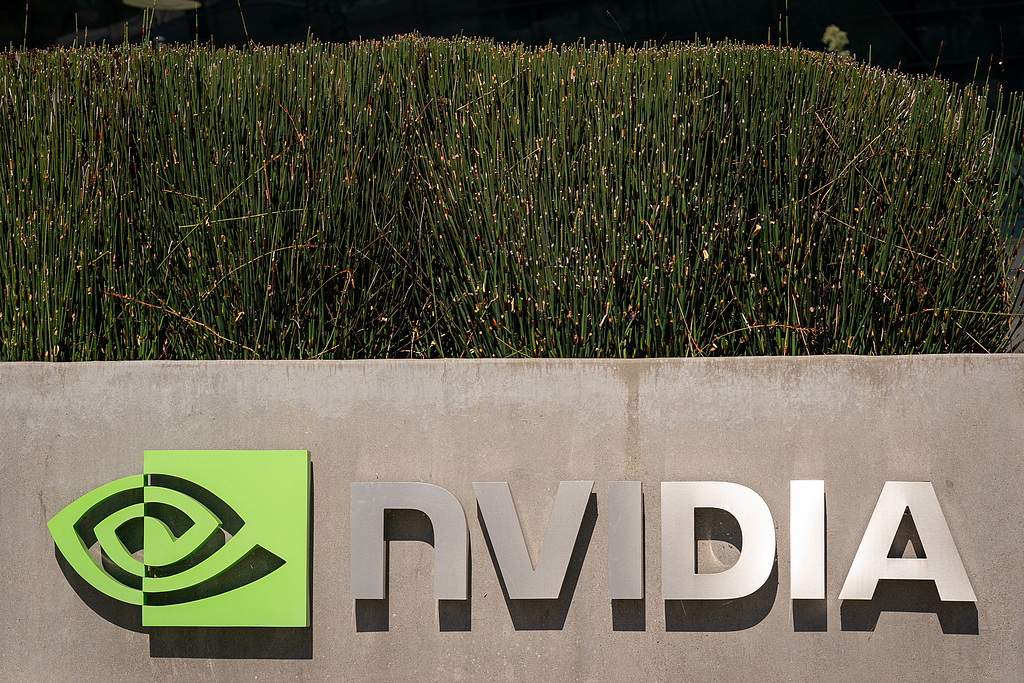Recently, because Nvidia is suspected of violating the anti-monopoly law of the People’s Republic of China and the notice of the state administration of Market Supervision approving the anti-monopoly examination decision of Nvidia in the case of Nvidia’s acquisition of shares in Melos Technology Co. , Ltd. with additional restrictive conditions (hereinafter referred to as the notice) , nvidia company in accordance with the law to open an investigation.

Data Map
A search of the website of the state administration of market supervision found that the announcement was issued on April 16,2020, the decision by the regulator to grant conditional approval to Nvidia’s acquisition of Merox imposes obligations on Nvidia, Merox and the centralised entity. These include: Nvidia GPU accelerator and Melos high-speed network interconnection equipment to the Chinese market, not in any way forced tying, or attached to any other unreasonable terms of the transaction; It shall not hinder or restrict customers from purchasing or using the above-mentioned products separately, nor discriminate against customers who buy the above-mentioned products separately in terms of service level, price, software functions, etc. .
Melos, which was acquired by Nvidia, was founded in Israel in 1999 to develop, produce and sell internet-connected products, according to the bulletin. In March 2019, the two sides signed an agreement for Nvidia to take a full stake in Melos. In April of that year, the regulator received an antitrust filing. In February 2020, after conducting a case-filing review, the state administration of market supervision concluded that, this concentration has or may have the effect of excluding or limiting competition in the global and Chinese markets for GPU accelerators, dedicated network interconnection devices, and high-speed Ethernet adapters, a decision was therefore taken to grant the application subject to restrictive conditions.
Wei Shilin, deputy director of the Competition Law Committee of the Beijing Institute of Intellectual Property Law, told a global times reporter in an interview on the 9th, a foreign company conducting a merger or acquisition must declare to the competent anti-monopoly law enforcement authorities of China the amount of sales it has made under specified conditions in the Chinese and international markets, and the Chinese side has the right to make a decision on whether or not to approve the merger or acquisition in accordance with the provisions. Wei said that to prevent the monopoly risk of the merger, the Chinese side made an additional restrictive approval under the declarant’s commitment program, requiring the two sides to commit to the above restrictive conditions. If both parties fail to comply with the requirements, the state administration of Market Supervision has the right to make corresponding treatment according to the anti-monopoly law.
Weisling said it was not clear exactly what restrictions Nvidia allegedly violated, but the announcement showed that most of the restrictions were antitrust remedies, that is, the requirements Nvidia is required to follow in the Chinese market. But monitoring a high-tech company is often difficult in practice, meaning Nvidia also has more leeway to deliver on promises. It may be that the third-party supervision trustee discovered the problem, or it may be that the general administration of market supervision discovered the problem in its routine supervision and inspection and therefore initiated a case for investigation.
The background to the us-china competition was cited in a number of foreign media reports, with Bloomberg noting that Nvidia’s dominance of the artificial intelligence chip market had attracted close attention both at home and abroad. The Justice Department sought information earlier this year on whether Nvidia violated antitrust laws, and the French targeted Nvidia last year in an investigation into artificial intelligence chips, the head of its antitrust agency even asserted that the company could face antitrust charges“Some day”.